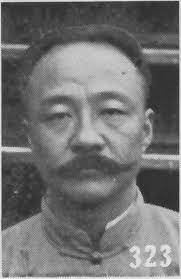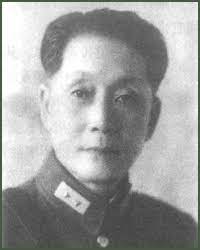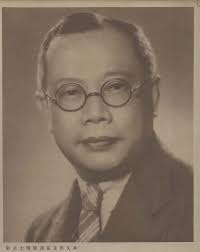Liang Ch'i-ch'ao 梁啓超 T. Cho-ju, Jen-fu 卓如,任甫 H. Jen-kung 任公 Liang Ch'i-ch'ao (23 February 1873-19 January 1929), pupil of K'ang Yu-wei who became the foremost intellectual leader of the first two decades of twentieth-century China. A native of Hsinhui, Kwangtung, Liang Ch'i-ch'ao was the eldest son in a family which had been farmers for ten […]












